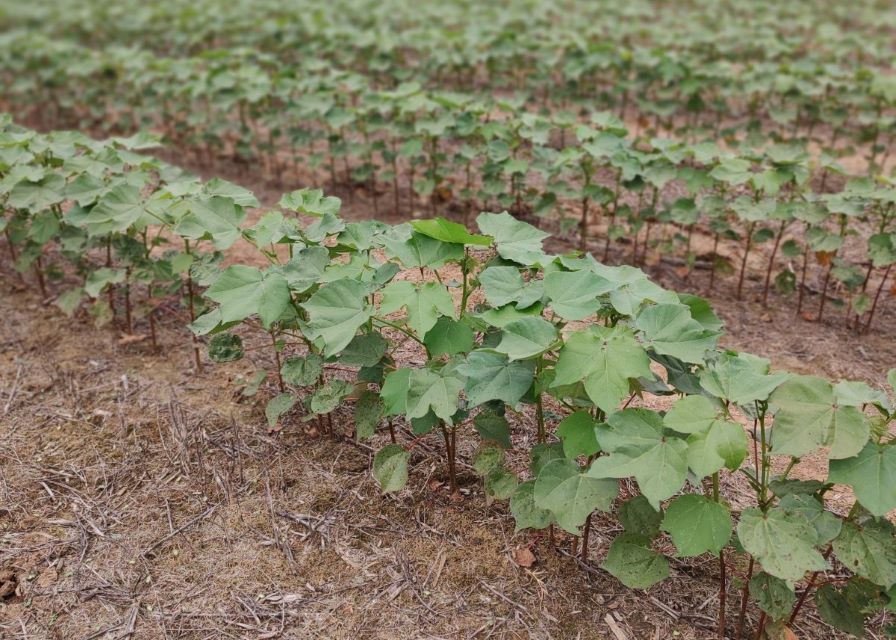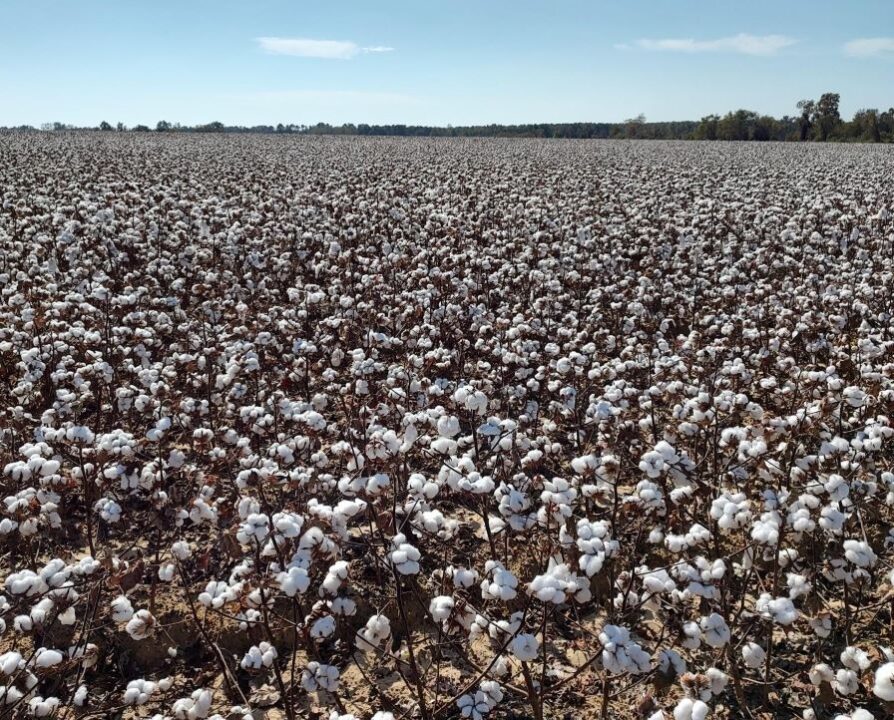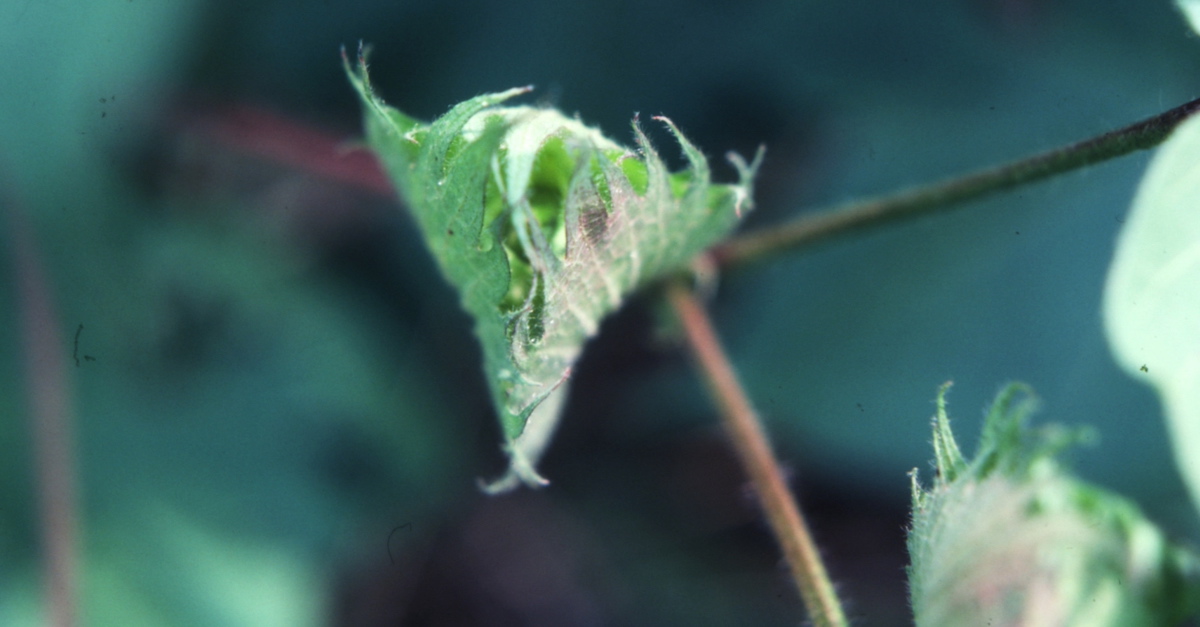Update: EPA Outlines Temporary Use Order for Vacated Dicamba Products in Cotton, Soybeans
Updated June 8 (8:30 pm CDT) to include new information from EPA.
There was a collective shudder from U.S. cotton producers when news began to spread that a three-judge panel of the U.S. Court of Appeals for the Ninth Circuit vacated the registration of the XtendiMax (Bayer), FeXapan (Corteva), and Engenia (BASF) dicamba herbicides on June 3.
And cotton was not alone. State regulatory agencies, agronomists and retail groups across the country were left wondering exactly what could and couldn’t be done immediately following the judgment.
The landmark ruling was on a lawsuit brought by National Family Farm Coalition, Center for Food Safety, Center for Biological Diversity, and Pesticide Action Network North America. The petitioners had argued that the EPA’s decision violates both FIFRA and the Endangered Species Act, 16 U.S.C. § 1536(a)(2).
“We hold that the EPA’s Oct. 31, 2018, decision, and the conditional new-use registrations of XtendiMax, Engenia, and FeXapan for use on dicamba-tolerant (DT) soybean and cotton that are premised on that decision, violate FIFRA,” the court said.
EPA Provides Clarity for Growers
Following several days of review, the EPA issued a cancellation order on June 8, outlining limited and specific circumstances under which existing stocks of the three affected dicamba products can be used for a limited period of time. The order helps protect public health and the environment by ensuring use of existing stocks follows important application procedures.
“At the height of the growing season, the Court’s decision has threatened the livelihood of our nation’s farmers and the global food supply,” said EPA Administrator Andrew Wheeler, in a statement announcing the order. “Today’s cancellation and existing stocks order is consistent with EPA’s standard practice following registration invalidation and is designed to advance compliance, ensure regulatory certainty, and prevent the misuse of existing stocks.”
EPA’s order will mitigate some of the devastating economic consequences of the Court’s decision for growers, and particularly rural communities, at a time they are experiencing great stress due to the COVID-19 public health emergency.
Details of the order address sale, distribution and use of existing stocks of the three affected dicamba products (Syngenta’s Tavium dicamba herbicide was not included in the Court ruling because it was not yet registered when EPA granted the re-approval of the conditional registration for dicamba over the top of dicamba-tolerant soybeans and cotton crops).
According to the EPA order,
- Distribution or sale by any person is generally prohibited except for ensuring proper disposal or return to the registrant.
- Growers and commercial applicators may use existing stocks that were in their possession on June 3, 2020 – the effective date of the Court decision. Use must be consistent with the product’s previously-approved label and may not continue after July 31, 2020.
A Week of Confusion
South Georgia consultant Wes Briggs characterized the June 3 ruling as a potential “disaster” and added there was significant confusion on what to do without guidance from the EPA. He said the chemical companies had suspended all sales and shipments of the dicamba products, but questions remained about product currently in stock or in growers’ possession.
If the Court ruling banned all applications immediately, Briggs says it would put Georgia cotton producers in a bind. If growers were to have to pivot to other herbicides, Liberty (glufosinate) in particular, he says there will likely not be enough in the pipeline to meet demand not only in Georgia, but also across the Cotton Belt.
“We are in pigweed world here, and everything is centered around its control,” he says. “We are already behind the eight ball with our weather and our planting being strung out. Regardless of what crop we are growing in South Georgia, pigweed is what we focus on.”
Unlike some states that have a calendar cutoff date for dicamba post-emerge applications, Georgia can apply the herbicide up to 60 days from planting. With such a wide planting window this season, Briggs estimated his growers are only about 50% through their first application of the herbicide. Most of his growers make at least two over-the-top sprays and sometimes three if rain washes off an application.
“All the money these growers have spent the last four to five years to control pigweed, you take one bad year and you are going to throw that out the window,” he says. “And these growers have done a pretty good job trying to get control of pigweed. But, if you let these pigweed escape, next year we might have as bad or worse of a pigweed problem since this resistance problem started.”
NCC Responds
National Cotton Council President/CEO Gary Adams stated that the U.S. cotton industry would support an appeal of the decision.
In a letter to EPA Administrator Wheeler following the ruling, Adams outlined cotton producers’ difficult position and urged the agency to allow the use of existing stocks and/or take other administrative action to allow producers to legally implement weed control programs this season using dicamba.
Adams noted that the NCC has worked closely with EPA, other stakeholders and the cotton industry’s agribusiness allies to ensure the availability of dicamba herbicides which are “a major component of weed resistance management, especially against Palmer amaranth.”
“We will continue those efforts in the coming days and weeks,” he said.
Secretary of Agriculture Sonny Perdue concurred with the Council’s position on existing stocks, noting: “Farmers across America have spent hard earned money on previously allowed crop protection tools. I encourage the EPA to use any available flexibilities to allow the continued use of already purchased dicamba products, which are a critical tool for American farmers to combat weeds resistant to many other herbicides, in fields that are already planted. Unfortunately, the Ninth Circuit has chosen to eliminate one of those tools.”
More details on the ruling and other industry reaction can be found at CropLife.com – “Shock, Confusion Surround Ruling on Dicamba.”
Additional information provided by CropLife, National Cotton Council and Plains Cotton Growers, Inc.











